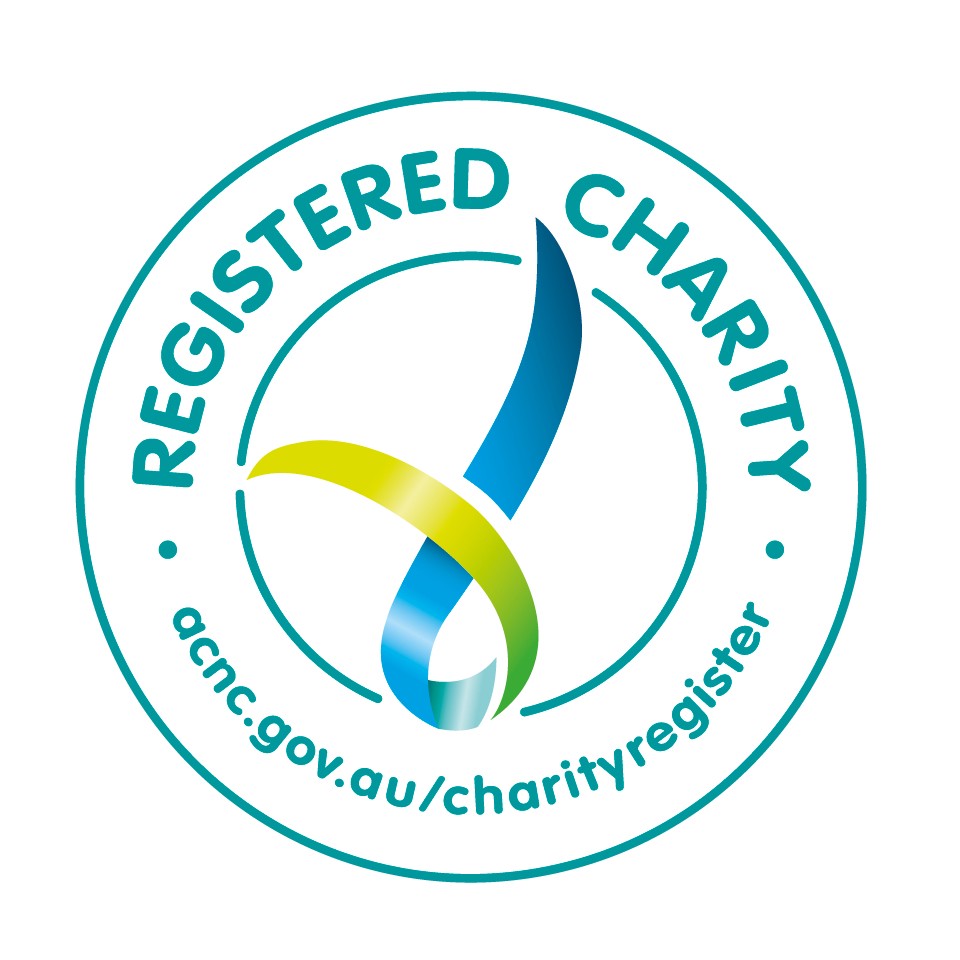
MEDIA RELEASE
Monday, 22 April 2024
by Brett Wild
Australia wouldn’t be what it is today without the sacrifices of defence force members and their families. With approximately500,000 veterans throughout the country, many of us know someone who served. Maybe it’s your sibling or your neighbour. Maybe you know the spouse of a veteran or someone who grew up with a parent who served. They might even be one of the 85,000 people who are currently serving in the Australian Defence Force (ADF).
What you might not know is how likely veterans and defence force members – and their families – are to face serious social and mental health challenges as a result of their service.
Research shows that male veterans – who make up approximately 90% of the ex-serving population – are at a higher risk of death by suicide than the broader public. The prevalence of mental illness and suicide within the ADF community is so severe that the Australian government is currently conducting a Royal Commission into Defence and Veteran Suicide, with the final report due to be released in September this year.
For those of us in the defence community, the Royal Commission shone a much-needed light on the harrowing reality that too many veterans face. While we applaud the government for taking these steps to understand the issue, the truth is that a Royal Commission shouldn’t be needed to understand and address the bleeding obvious: our veterans need our help, and they need it now.
Despite the unimaginable sacrifices made by ADF veterans and their families, many go on to struggle in a world that does not understand or accommodate them post-service. Unlike other countries such as the USA, the Australian government doesn’t provide transitional housing for our veterans. Without rental history and amidst the struggle of adapting to civilian life and employment, this means that far too many eventually end up homeless.
This problem is only compounded by the fact that approximately one in three veterans is unemployed. Regardless of how experienced, celebrated, or respected they are in the military community, the truth is that many ADF members lack the formal qualifications and civilian workforce experience to get a reliable and fulfilling job after discharge. Even when veterans do find employment, research shows that it pays on average 30% less than their previous position.
Without a roof over their head or a job that values their unique skills and experience, is it any surprise that Australian veterans experience high levels of depression, anxiety, and substance abuse? Couple this with the post-traumatic stress disorder (PTSD) that many battle as a result of their time in the military, and it’s easy to see how they quickly start to feel isolated and alone.
This only scratches the surface of what Australia’s veterans face daily. What we have on our hands is a tangled web of complex and incredibly devastating issues that fail to support veterans as they adjust back into civilian life.
In theory, the Department of Veterans Affairs (DVA) exists for this very reason. They support the health and well-being of approximately 250,000 veterans, and yet this system is often too complex and frustrating to navigate. Poor communication of entitlements means many veterans don’t understand what resources and supports are available to them, and DVA staff are often ill-equipped and unfamiliar with veteran experiences to handle such complex situations.
But the blame cannot be placed solely on the underresourced DVA, and it certainly can’t be placed on its undertrained staff. With 6,000 ADF members discharged every year, the system is buckling under the strain of the current exit rate.
How can we best support veterans and set them up to live happy, fulfilling lives if the system is not equipped to handle the weight – let alone the severity – of the problem?
What we really need is a systemic change that understands the veteran experience, offers sustainable support, and acknowledges the complex health and well-being issues that they face.
DVA employees aren’t hired based on their understanding or personal experience with veterans, which inevitably leads to frustration and anger when veterans feel misunderstood while seeking help. How can they possibly know how to communicate with the veteran community if they’ve never met a veteran? Why don’t we bring together DVA staff and local veterans over a cup of coffee so they can begin to understand each other?
We also need the government to change the exclusions that apply to the insurance industry. We all know that insurance companies like to find new and creative ways not to pay out on policies, leaving countless grieving families without life insurance payouts following the suicide of a veteran.
It is well-established that veterans are plagued by PTSD following their service, and the lack of support available to deal with this leads many to self-harm or end their own lives. PTSD is an accepted medical condition just like any other that a person could be diagnosed with – so why is the government allowing insurance companies to deny claims as though these families aren’t plagued by real illness?
The same goes for superannuation funds. When an ADF member joins the military, they don’t have the option of choosing a private fund as is enshrined in law for all civilians. Despite this, when push comes to shove and the Military Super Benefits Scheme is asked to pay out for a case involving veteran mental illness and suicide, they deny claims in much the same way as insurance companies do.
We are leaving veterans and their families out to dry, emotionally and financially. We fail to support them in life and death, leaving them more isolated than ever before as they attempt to pick up the pieces.
By overlooking the spouses and children of veterans, we do yet another disservice to the ADF community.
Just as we should respect the contributions that veterans have made to our country, we should acknowledge the sacrifices made by ADF families: the spouses who relocate so their partner can be posted where needed, the children who don’t get to see their mum or dad as much as they’d like, and the family unit that is often separated for months at a time.
Despite this integral role that families play in the military community, they are not offered the same support as veterans. This is true even though many spouses of PTSD-afflicted veterans experience secondary PTSD themselves. When we don’t address the health and well-being of all involved, we simply create a system that enfranchises itself to put added stress and trauma onto ADF families.
Families are an integral part of the puzzle here – and as we all know, you can’t see the bigger picture when you don’t have all the pieces.
This is where the Royal Commission missed an important opportunity to understand the essential role that defence families play and the serious impact it can have on their lives. To care for the veteran and defence community, there needs to be respect and acknowledgment for the myriad of roles played by men, women, and children. The picture is not complete without this part of the puzzle.
While the Royal Commission is a great start, these systems are proof that we are exposing ADF members to inherent risk without holding up our end of the bargain. Just like any other industry, the military has a duty of care to those who dedicate their lives to supporting it. The government shouldn’t be an exception to this rule.
When the Royal Commission findings are announced in September, we’ll hopefully gain further insight into what is needed to better care for the health and well-being of the veteran community. One thing is for certain: we have a long way to go when it comes to caring for Australia’s heroes.
(This article is published from On Line Opinion. Read through this link.)


